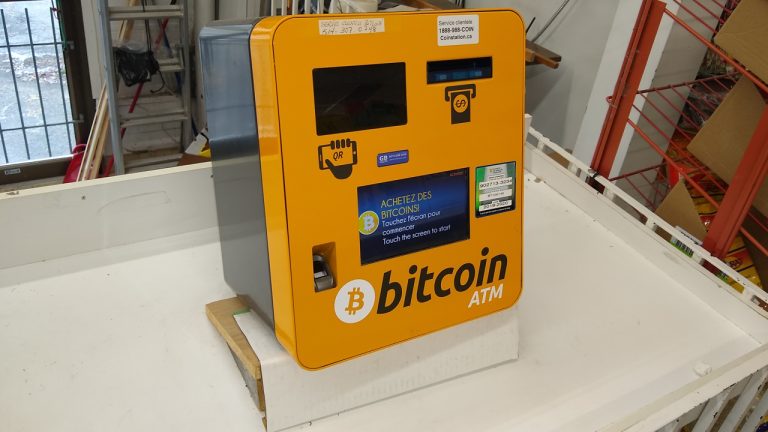
Spain has become one of the first countries in the European Union to establish its own task force for regulating Artificial Intelligence on Aug. 22, when the Council of Ministers approved a Royal Decree establishing the new agency.
Spain became one of the first countries in the European Union to establish its own task force for regulating Artificial Intelligence (AI). The Spanish Agency for the Supervision of Artificial Intelligence (AESIA) should guarantee, along with the national digital strategy, that the AI development in the country will be "inclusive, sustainable, and citizen-centered."
On Aug. 22, the Council of Ministers approved a Royal Decree, establishing the AESIA. The Agency will be formed by joint efforts of the Spanish Ministry of Finance and Civil Service and the Ministry of Economic Affairs and Digital Transformation.
The Agency is a part of the plan, called the National Artificial Intelligence Strategy. Spain aims to position itself as a leader in AI. According to the press release, it became the first European country to establish a special agency for AI.
Related: A third of US investors are open to trusting AI financial advice: Survey
In June, the European Union passed the Artificial Intelligence Act, a legislative framework for governance and oversight of AI. Once enacted, the legislation would impose restrictions on a range of artificial intelligence services and products, while outright prohibiting others.
Among the technologies that would face a complete ban are biometric surveillance, social scoring systems, predictive policing algorithms, emotion recognition software, and untargeted facial recognition systems.
However, generative AI models like OpenAI's ChatGPT and Google's Bard would be permitted to operate, provided that their outputs are conspicuously marked as AI-generated. The EU AI Act obliges all Union countries to establish national agencies overseeing Artificial Intelligence.










